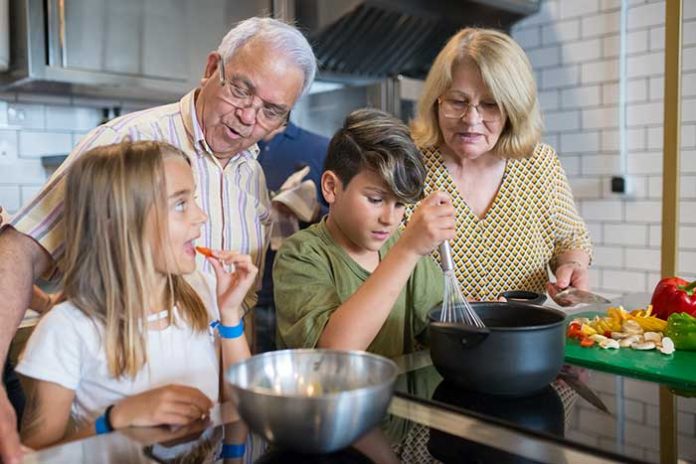Coping skills for kids learned today will shape their future, in years to come. As per the American Journal of Public Health (AJPH), kids with better social-emotional skills do better in life. These childhood traits influence every aspect, from education to mental health.
We often forget that childhood is not all sunshine and rainbows. Kids feel an equal range of emotions that an adult does. They just show their feelings differently. When an adult child shows disrespect to parents it is almost always a sign of suppressed childhood emotions.
Therefore, it is our responsibility to teach coping mechanisms to kids. So, they can maneuver through their feelings and thoughts in a healthy way.
What is Coping Skills? Definition
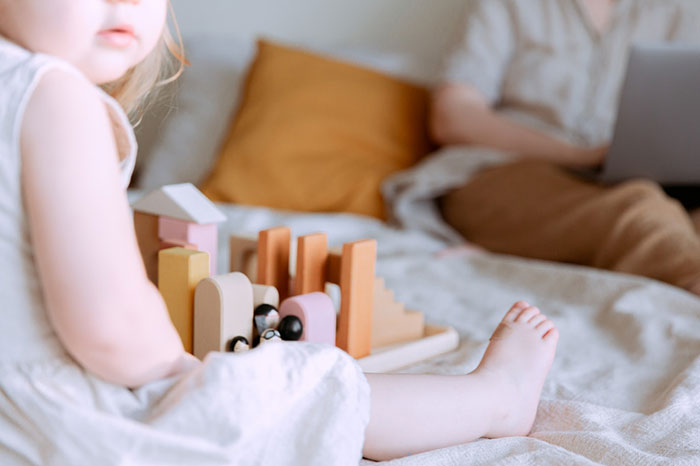
The dictionary definition of coping skills is conscious or unconscious strategies used to reduce unpleasant emotions.
Copings skills for kids include healthy habits, like regular exercise. But it is not just it; this term is way broader than we think. What we do to recover from overwhelming emotions also comes under coping. Hence, coping skills meaning holds significant importance for kids. It makes them mentally healthy and emotionally strong.
Here, we will discuss the importance of coping mechanisms and how they can be used at best!
Why are Positive Coping Skills for Kids Important?
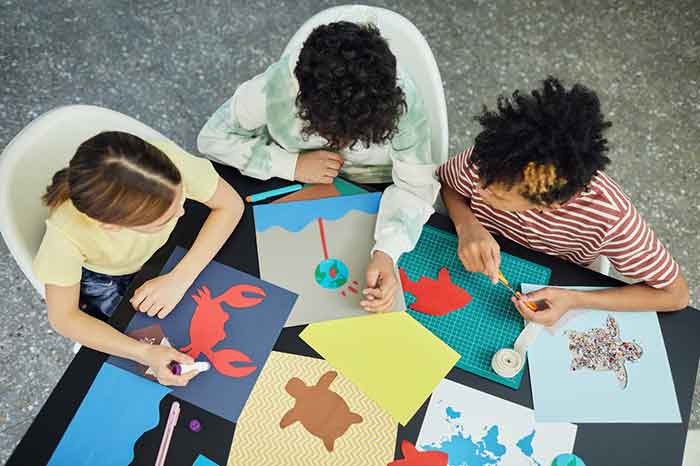
Coping skills are not only vital for a good childhood but also necessary for a fulfilling adult life. When a kid is unable to channel his emotions properly, it affects his personality in the long run.
Coping is of two types: adaptive and maladaptive. When a kid actively tries to reduce the stress he is feeling this is known as adaptive or positive coping. Whereas, when he just tries to minimize the symptoms of stress while neglecting or ignoring the root cause this is known as maladaptive or non-coping. Maladaptive coping is a short-term strategy and may cause a lot of harm in the long run.
Types of maladaptive coping include tantrums, meltdowns and name calling. Kids may go through various emotional turmoil’s- depression, anxiety, anger and trauma etc. If not dealt with in time, this may escalate to use of alcohol, drugs and substance abuse. Not to mention a child may resort to self-harm and become violent towards others. Indulging in risky behavior like shop-lifting or dangerous driving are all a result of practicing maladaptive coping.
Thus, positive coping skills for kids are necessary to ensure better physical and mental health.
“When the subjects used adaptive strategies, like looking at a problem in a different way, engaging in problem-solving, or pursuing constructive communication, they were better able to manage the adverse effects of stress. Those who used maladaptive strategies like suppressing, avoiding, or denying their feelings had higher levels of problems associated with stress.”
~Bruce Compass, Professor of Psychology and Human Development at Vanderbilt University, wrote in Psychological Bulletin study.
Positive Coping Skills for Kids with Anxiety
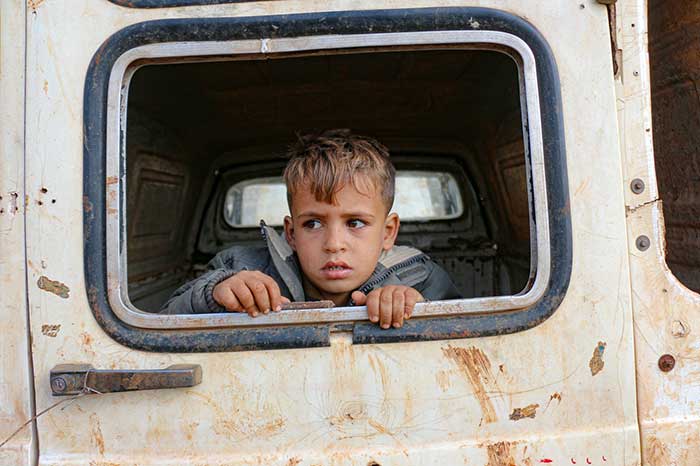
As per a study, anxiety is the most reported psychopathology among 8 to 17 years kids. Kids feel anxious regarding school, friends, family, or peer pressure.
Anxiety is different for everyone; some get a tummy ache, and some bite their nails. Expressing their anxiety is a little difficult for kids as compared to adults. As parents or guardians, it is where your job starts!
What to Do:
Doodling and Painting
Art and creativity help a troubled child a lot. It makes them focus on the creative side and let their mind off wearing emotions
Deep Breathing
Deep breaths help kids take control of their feelings and thoughts. It also lowers their heart rate and blood pressure, making them stable. Make your kids take deep breaths until they relax.
Short Body Movement
Short-body movements are a great way to reduce anxiety in your kid. Make them rub their temples or roll their shoulders. It helps in getting their mind off the triggers and calm them. Squeezing a stress ball also works wonders.
Knitting
It is an incredible tactic for older kids having anxiety. Knitting is very therapeutic, and it calms you down just in time.
Coping Skills for Kids with ADHD
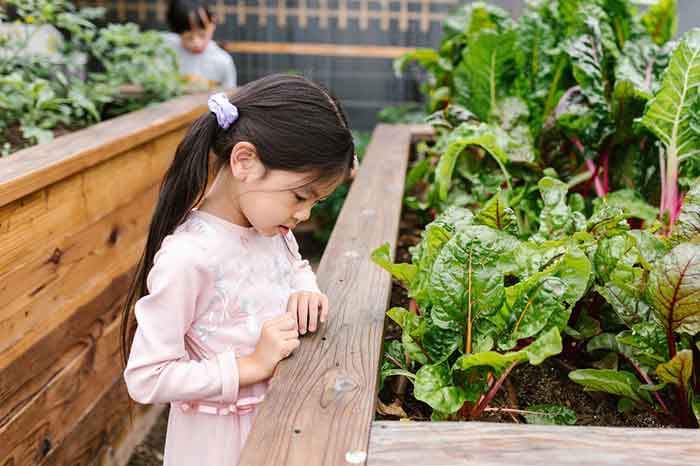
According to the National Institute of Health (NIH), ADHD affects 3%-5% of school kids. Attention-deficit or hyperactivity disorder; ADHD – is a neurodevelopment disorder that affects emotions. Kids with ADHD have hyperactivity, impulsivity, attention deficit, and a lower self-perception.
Behavioral therapy, along with conventional medicines, works wonders. According to the Multimodal Treatment Study of ADHD (MTA), about 56% of children got better with a combination of medications and behavioral therapy.
What to Do:
Checklists
Kids with ADHD often have trouble with organizing and remembering stuff. Teach your kids to use checklists. It helps them keep their thoughts and tasks organized.
Hands-on Activities
Kids with ADHD rely more on hands-on activities than devices and the internet. Spend time with your kid doing physical activities, such as playing with spinners.
Journaling
It is easier for many people, especially with ADHD, to write about their emotions instead of speaking. Journaling is a great practice to do so. You can process your thoughts and relieve stress. Writing your feelings in a diary or notepad helps you sort them out better.
Practice Mindfulnes
Limit your child’s screen time and help him to practice mindfulness. Ask him to observe his surroundings and describe them. In time the child will learn to identify the emotions he is feeling and cope with them in a healthy way
Coping Skills for Kids with Trauma
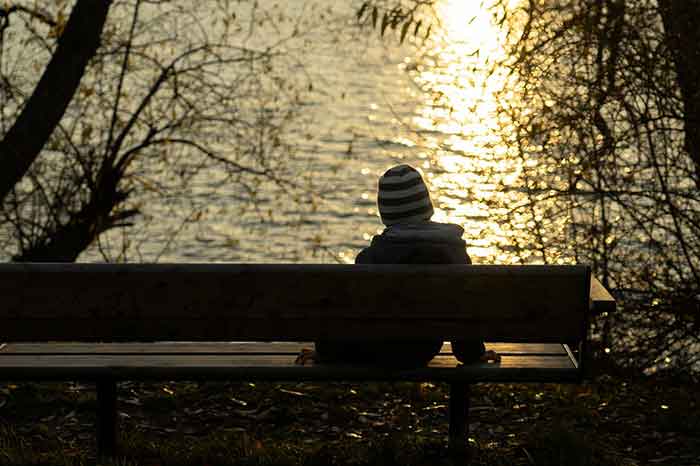
Kids can undergo severe trauma after witnessing something destructive. Whether it is a natural disaster or the loss of a beloved, it can affect kids immensely. Especially, if they do not feel comfortable talking about it with anyone.
According to the National Institute of Mental Health, kids feel different emotions past a trauma. Depending on their nature and age, each deals with their trauma differently. Some can be clingy, while some can become fearful. They can have trouble in academics or physical pains, such as stomachache.
Here is a coping skills list for kids with trauma.
What to Do:
Share their Feeling with a Loved One
The first step towards a solution is acknowledging the problem. Kids should talk about their feelings with their parents or loved ones. Simply spending time with their close people and sharing their thoughts and fears can help them a great deal.
Play Sports
Some sunshine is always good! Going outside and playing in the fresh air helps your mind and body alike. Go swimming or play football or have a run. It improves the body’s functionality and lifts the kids’ spirit.
Also try card games. You might receive a positive response by utilizing coping skills games for kids.
Suggested: Best Beyblades
Soothing Activities
Don’t get upset if your kids show strong emotions. Ask them to take a warm bath or drink a hot cup of herbal tea. Such tasks will prove more helpful than you know. Just try!
Volunteering
It is easier to deal with trauma when you do it together. Watching and helping others through their tough times will help to instill a sense of gratitude in your child. It will help your kid be more open about their emotions.
Coping Skills for Depression

As per Centres of Disease Control and Prevention, about 3.2% of children aged 3-17 have depression. Early diagnosis, coping skills, and medical treatment are critical for treating depression.
With depression, coping skills come after medical treatment. Whether medicine or talk therapy, take medical help as soon as possible.
What to Do:
Get your kid interested in productive rewarding activities. This will boost their self-esteem and sense of worth. The sense of satisfaction they will receive whenever they accomplish something will also help to remove depression.
Try Cooking
Your digestive system controls your mood up to a certain extent. When you eat good, you feel good, and you do good. Homemade nutritional food makes the mood better. Also, it will help the kid recover from hurtful memories or thoughts. Let them try their hand at simple baking at first.
Learn Gardening
What can be more rewarding then seeing a seed that you took care of bloom into a towering tree or a beautiful peony. It gives much-needed relief from disturbing feelings. Learning gardening will help promote a sense of responsibility. Not to mention, It is good for the environment.
Watch Comedy
Comedy is highly therapeutic. A good laugh is a remedy to every problem. If your kid is feeling down, let him watch a movie or a cartoon, whichever he may like!
Get Quality Sleep
Insomnia is a prominent symptom of depression. It is necessary to get a deep, relaxing sleep. Switch off screens, read something for a while, and go to bed at a suitable time. Sleeping early and waking early are definitely habits worth having.
Learn to Play an Instrument
Music can do wonders to improve your mood. Now imagine playing the music yourself. Learning an instrument requires patience, dedication and persistence. All good habits to have. Music is a great channel to let out your emotions and deal with them properly. Getting your child to learn an instrument might be one of the best decision you can make for their better future.
When to Seek Medical Help
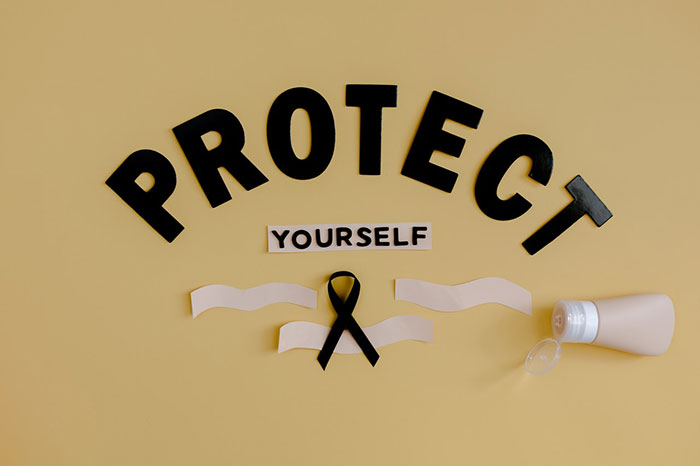
Coping skills for kids are superb in helping with their mental health. But keep in mind that there are limitations. Seek medical help if you feel no change in their behavior.
If the child is constantly sulking and in bad mood all the time then coping skills activities are not working. A general tantrum, some yelling and occasional door slamming are all a part of growing up and are okay in moderation. However, if your kid is stuck in an endless pit of disturbing emotions, consider seeing a child specialist.


